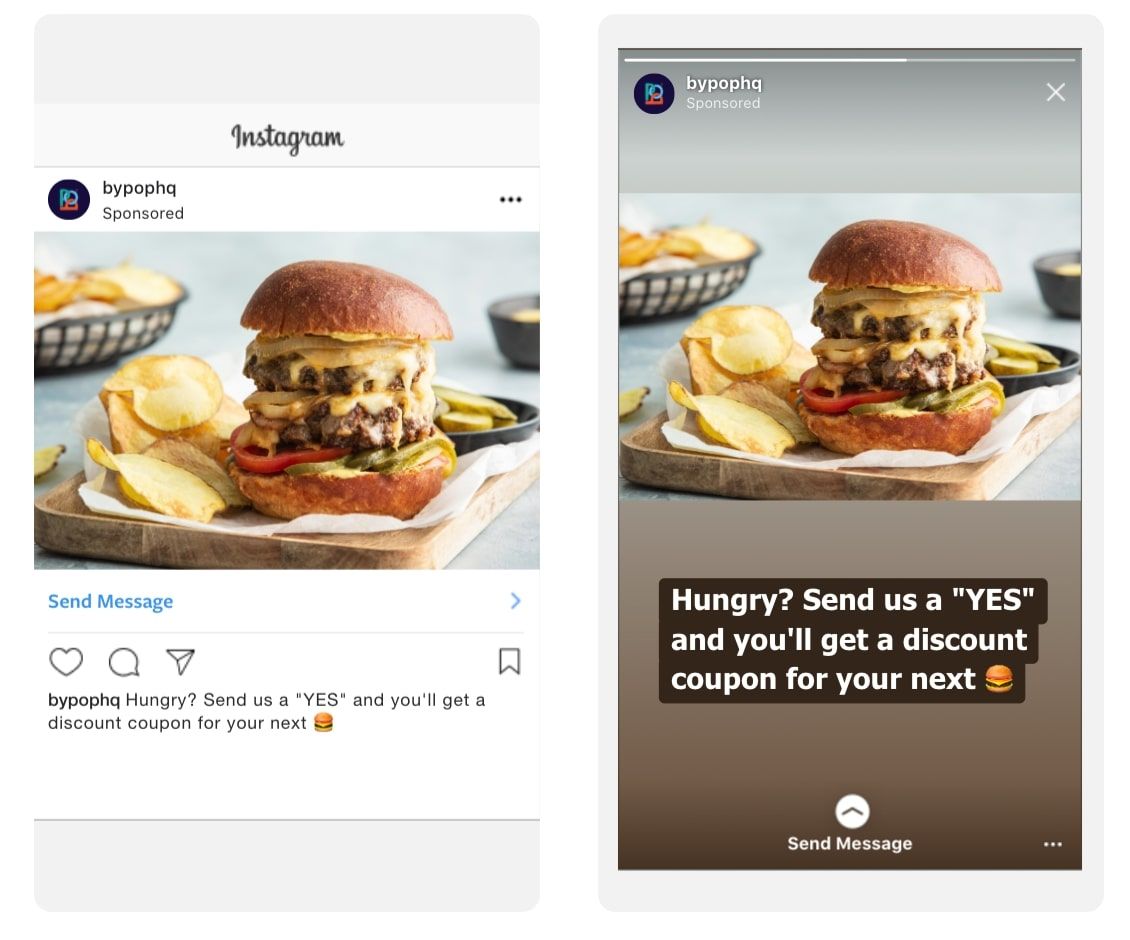As Instagram faces pressure to stop displaying only what it deems ‘most engaging’, it’s time we assessed the impact of engineered content that influences us in ways we’d otherwise steer clear of.
Fairly recently, I attended an event intended for likeminded people to gather and discuss their interests.
Situated in a remote part of the UK, phone signal was scarce (or so I thought) and I spent the day getting to know strangers by hearing them passionately share insights on topics I knew little about.
You’ll understand my surprise, therefore, when the next day I opened Instagram and was immediately confronted with an advertisement for something I had only learned existed 24 hours prior.
But we’ve all been there, haven’t we? Stopped in our tracks by the jarring realisation that our devices may indeed be listening to us.
And no matter how many times we ask our apps not to monitor our activity, interacting online in 2022 still means being besieged by system-generated recommendations when all we truly want is to view our feeds the way we ourselves have curated them.
The most prominent example of this being Instagram’s decision over the years to move away from a chronologically ordered home page to instead favour content it deems ‘most engaging’ for users.
Negative pushback appears to finally be coming to a head as creators and scrollers alike put increased pressure on the platform to stop trying to mimic its main competitor and give us back an experience we authentically connect with.
Because, as I’m sure you’re aware, the machine estimations of our desires we must constantly contend with aren’t limited to the products we’re repeatedly pushed by manipulative marketing strategies.
/cdn.vox-cdn.com/uploads/chorus_image/image/67225990/Suggested_Posts_in_Feed.0.png)
They also include the vast array of ‘suggested posts’ we’re bombarded with on a regular basis.
Exhausted by a combination of the two, many of us are now navigating what’s being referred to as ‘algorithmic anxiety,’ whereby the concern that technology is more in control of our choices than we are has amounted in a widespread reluctance to buy into it any longer.
Even the undisputedly influential Kardashians – largely considered to be at the core of digital culture due to their collective following of more than 1 billion – share this sentiment, taking to stories last week to vocalise their yearning for the Instagram of the past.
Although their input is the most likely to instigate change, however, Kim and Kylie aren’t the ones struggling to cope with the impact of social-information filtering. Rather those reliant on Instagram to get their names out there.
:no_upscale()/cdn.vox-cdn.com/uploads/chorus_asset/file/23898679/Screen_Shot_2022_07_25_at_3.48.37_PM.png)
This is best explained by Jeremy D. Larson, who believes that Spotify’s algorithmic recommendations and automated playlists are draining the joy from listening to music by short-circuiting the process of organic discovery.





















